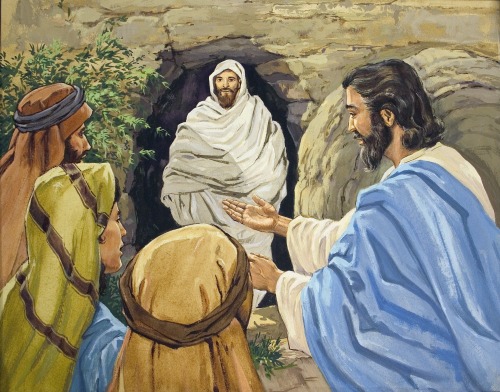

The rich man asks Abraham to send Lazarus to bring him some relief from his torment in flames, but Abraham reminds him that he (the rich man) had spent his earthly life in comfort, ignoring others’ needs, while Lazarus endured much suffering but is now being comforted. It would undermine His authority straight away, and give the antagonistic Jewish leaders an excuse not to take Him seriously. For Jews, to go to “Abraham’s bosom” after they died meant to go to Paradise – a place of comfort and honour.Ī key point is Jesus would never tell a made-up story about Abraham or “Abraham’s bosom”, especially to Jews. Jesus is referred to as being “in the bosom of the Father” (John 1:18). To be in the “bosom” of a great person is to be in close relationship in the same place as that person and the share the honour that person has.


This term may be translated as “Abraham’s side” in modern translations, but that does indicate the true significance of this term. Furthermore, the place where Lazarus went is referred as “Abraham’s bosom” in older translations. Abraham’s bosom and hell’s flames are things that only Jesus would know about, but the ordinary person would not.Īnother significant difference is that people are named, and those names include a clearly identified historical person – Abraham. Most of it occurs in the afterlife after the two initial characters have died, with only a brief description of their lives on earth at the start.

The first significant difference is where the story takes place. So, let’s check this record to see if it differs or not from the parables. He then tells them a true story that firmly puts them in their place – the rich man and Lazarus. Jesus then responded bluntly to the Pharisees with four statements firmly labelling the Pharisees as self-justifying, law breaking, prestige seeking adulterers. This structure is easily seen in Luke 14:7 -16:13 where Jesus communicates several identified parables, ending with the parable of the shrewd manager, but then the gospel narrative changes as Luke tells us the Pharisees, described by Luke as those “who loved money” (Luke 16:14), took offence at Jesus’ parables because they recognised Jesus was speaking a parable in judgement against them. Hence the common saying: a parable is an earthly story with a heavenly meaning. what the Kingdom of God is like by using illustrations drawn from their earthly lives. They are simple and down to earth, and are used by Christ to make a connected pointer, i.e. a farmer, a king, or even just “a man”.ģ. Any characters in them are not named, but simply referred to by their role in the story, e.g. farming, going on a journey, wedding celebrations, etc.Ģ. They use common events and observations of everyday life, e.g. Mark 426-29 (the growing seed) yet are clearly identified as parables by their ‘parabolic style’.ġ. (Mark 4:2) There are also some stories that do not start with such a statement, e.g. Most of Christ’s parables are clearly identified because they are preceded with statements such as “he told them this parable” (Luke 15:3) or “he was teaching them many things in parables”. We will come back to this later.įirst let’s consider the stories Jesus uses which are clearly listed as parables and see how this account compares with them. The story then recounts a conversation between Abraham and the rich man across the gulf that separates the two places. The rich man also died and ends up in a place of flames and suffering. The beggar died and was taken to a place of comfort in the presence of Abraham (ancestor of the Jews).
STORY OF LAZARUS IN THE BIBLE SKIN
The account of the rich man and Lazarus is recorded in Luke 16:19-31 and contrasts two very different Jewish people: an extremely wealthy man living an indulgent lifestyle in opulent accommodation, and a poor beggar named Lazarus who suffering from diseased skin (most likely as a result of malnutrition) and who lay at the entrance to the rich man’s property.


 0 kommentar(er)
0 kommentar(er)
